





 |
 |
 |
 |
 |
 |
| Rudolph Frosch | profile | all galleries >> Westphalia >> Princely Abbey of Corvey | tree view | thumbnails | slideshow |
| previous page | pages 1 2 ALL | next page |
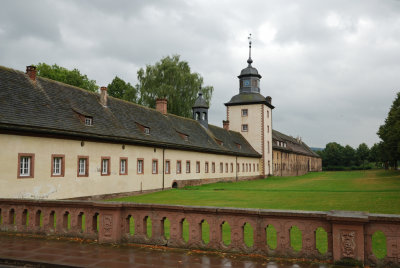 Corvey |
 Corvey |
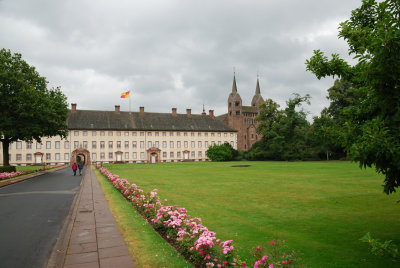 Corvey |
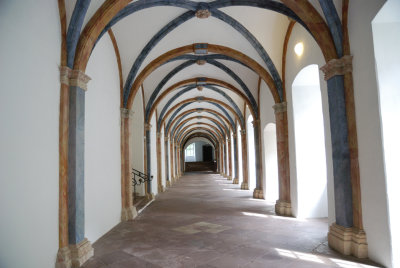 Corvey |
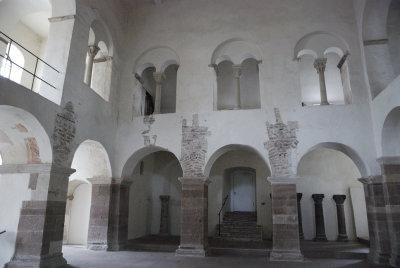 Corvey |
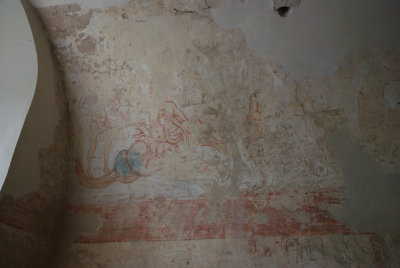 Corvey |
 Corvey |
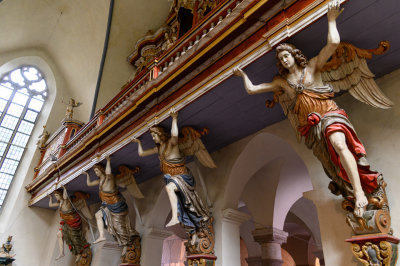 Corvey |
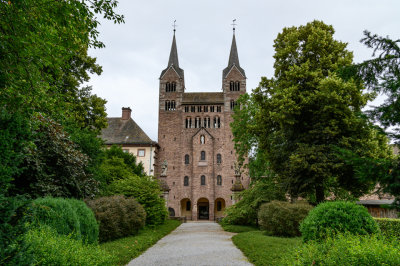 Corvey |
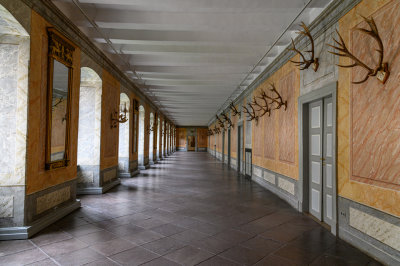 Corvey |
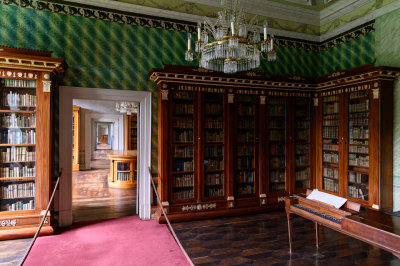 Corvey |
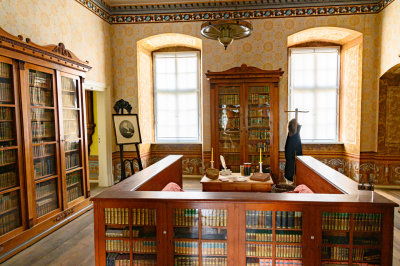 Corvey |
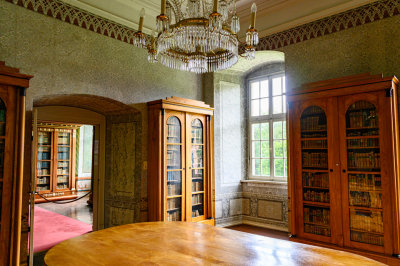 Corvey |
| previous page | pages 1 2 ALL | next page |
| comment | share |